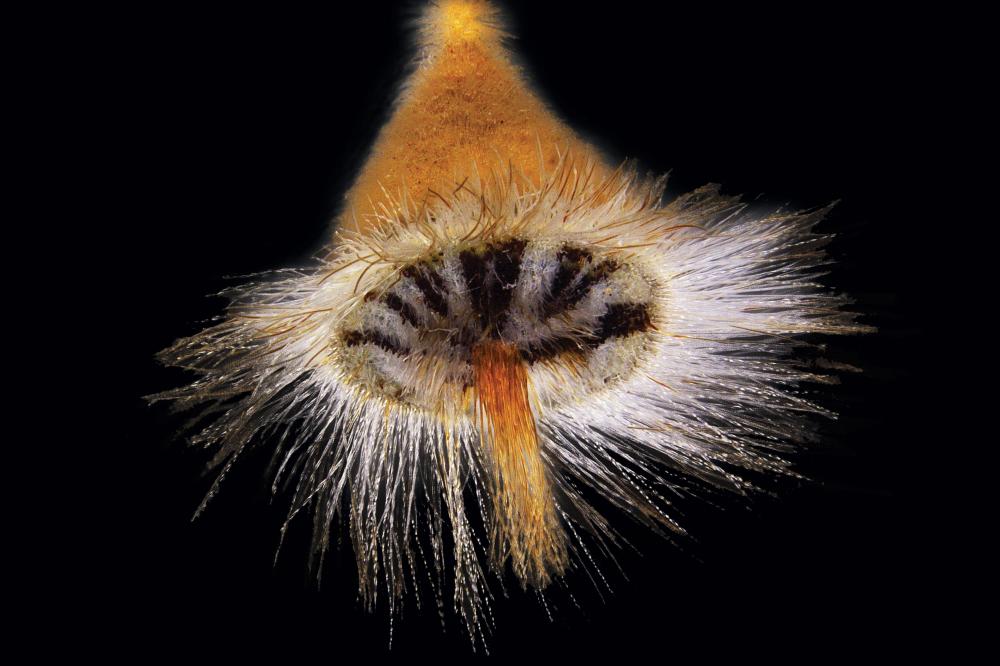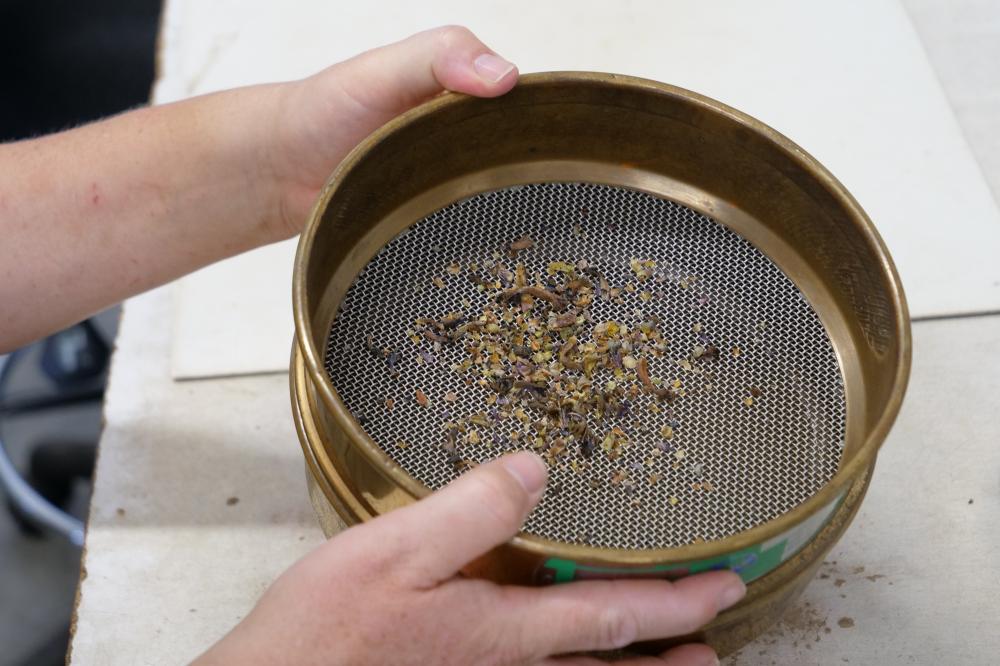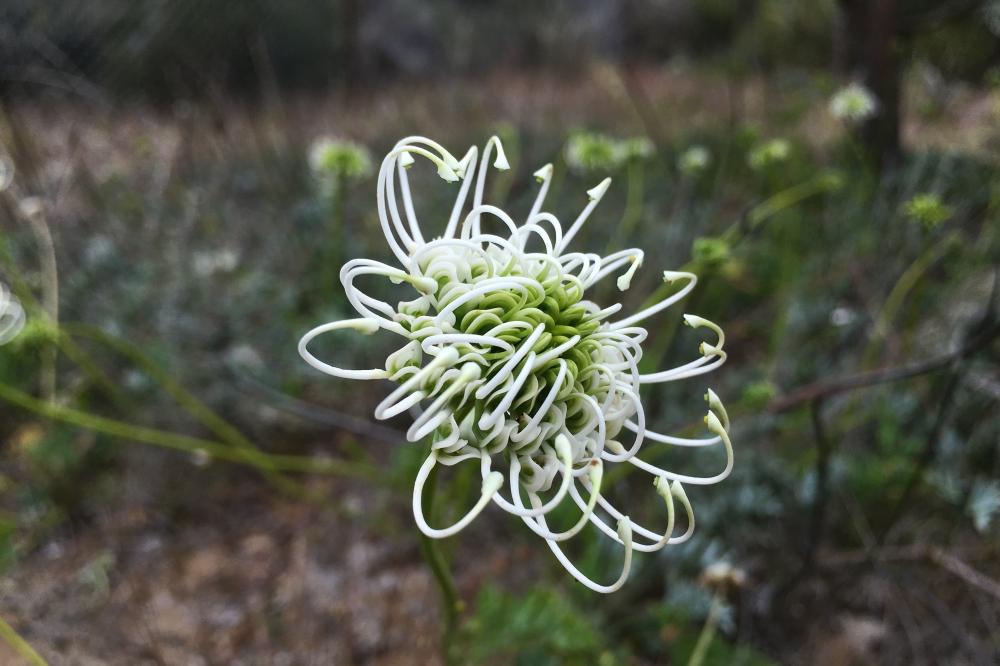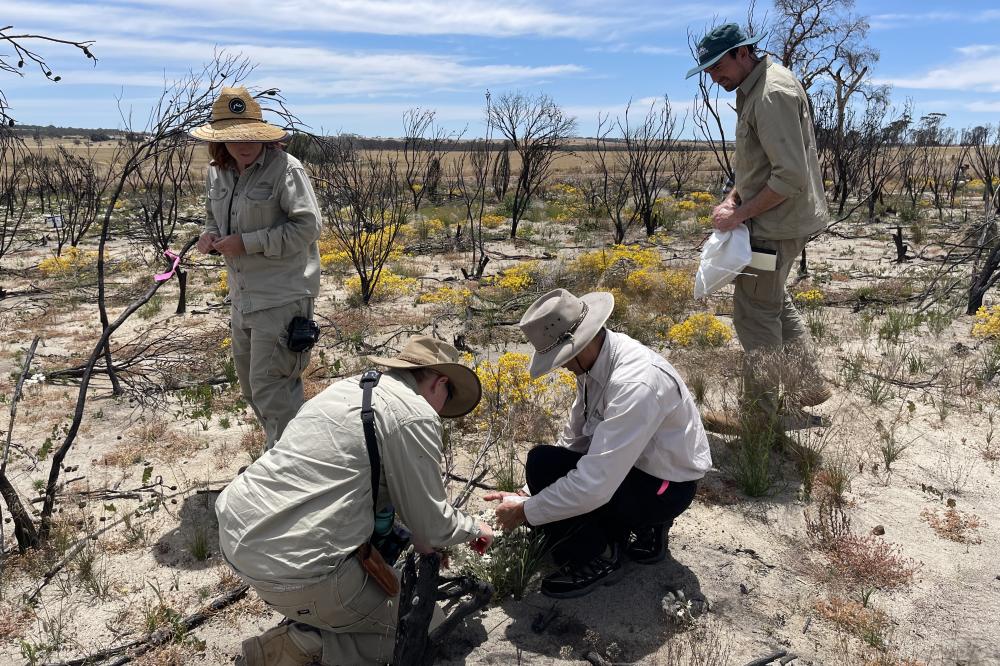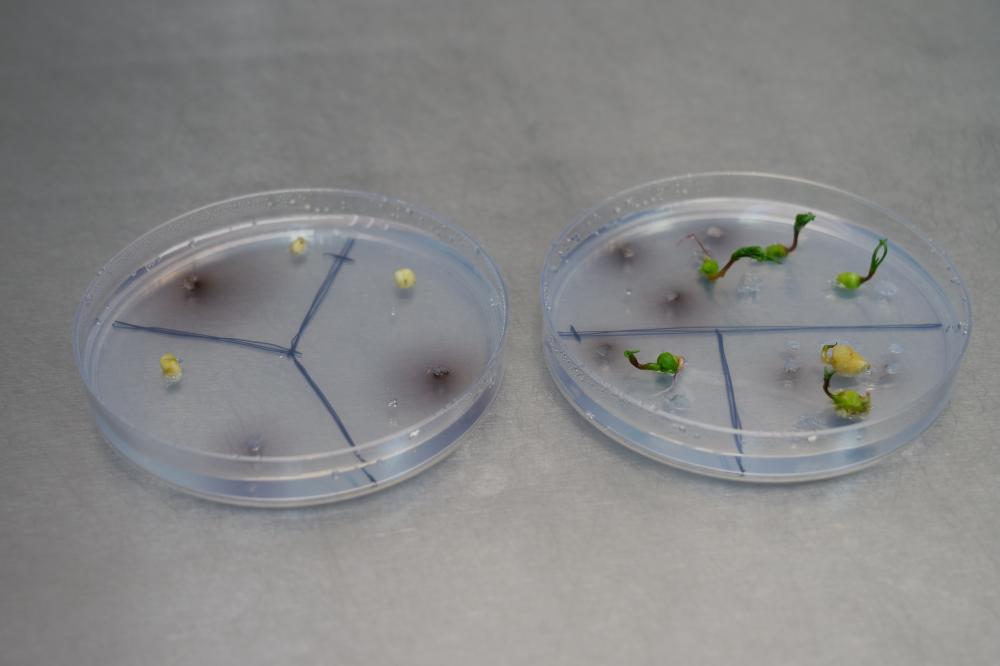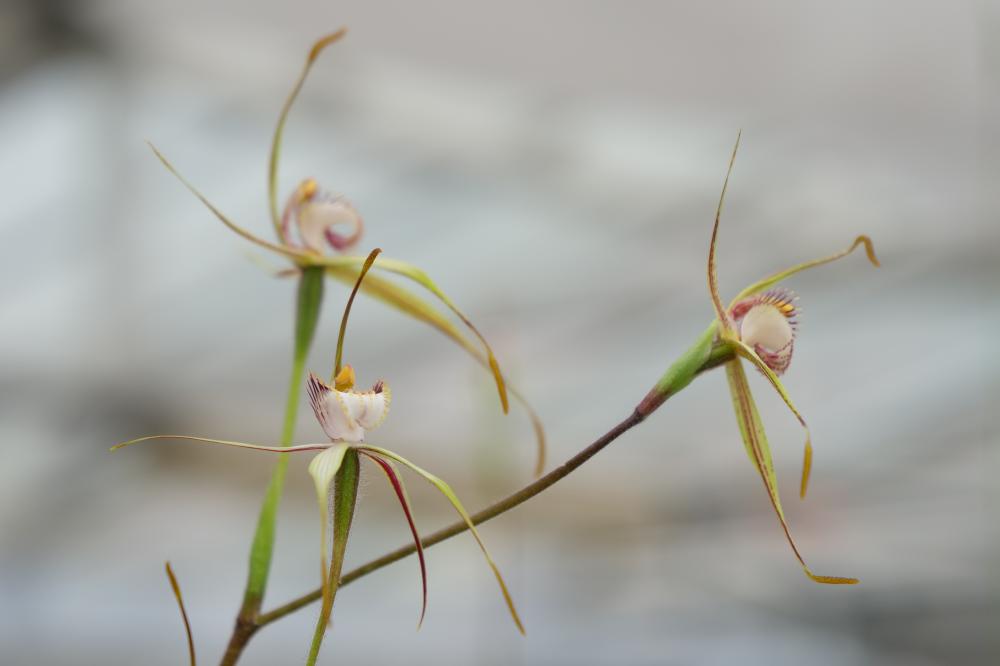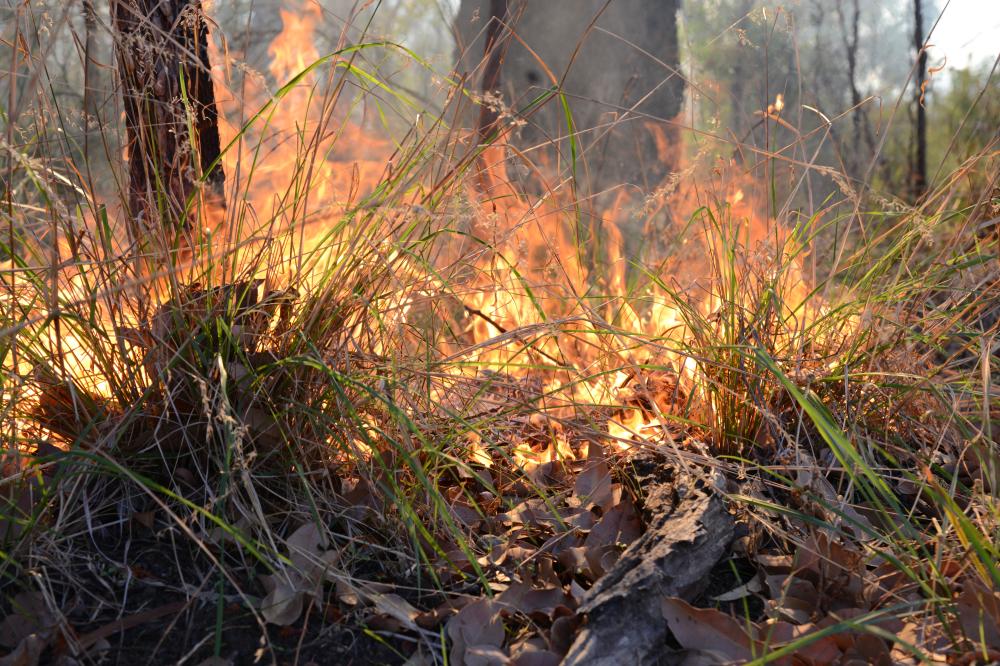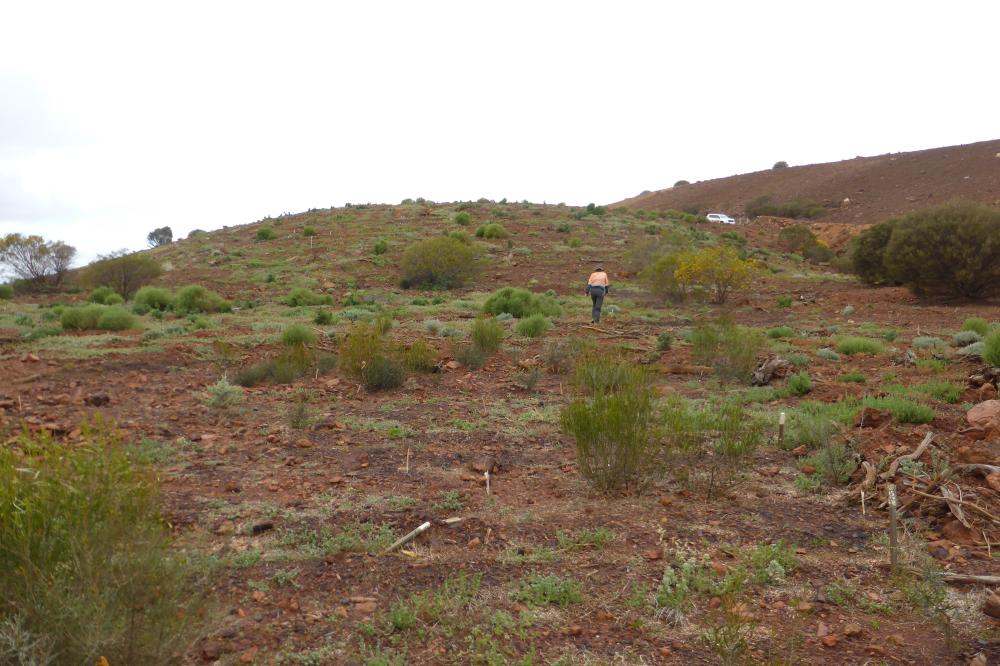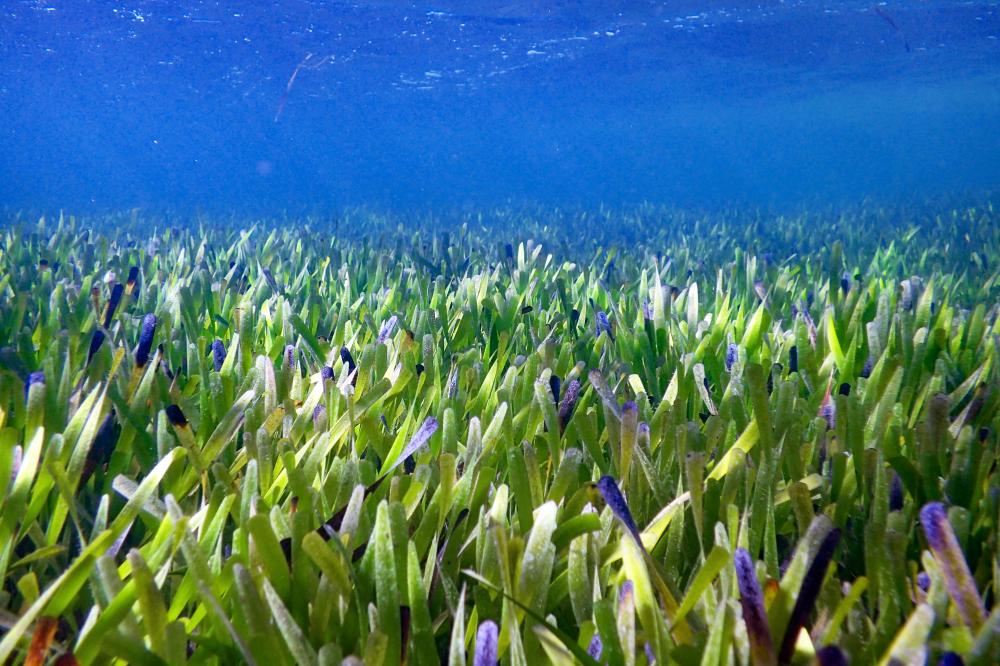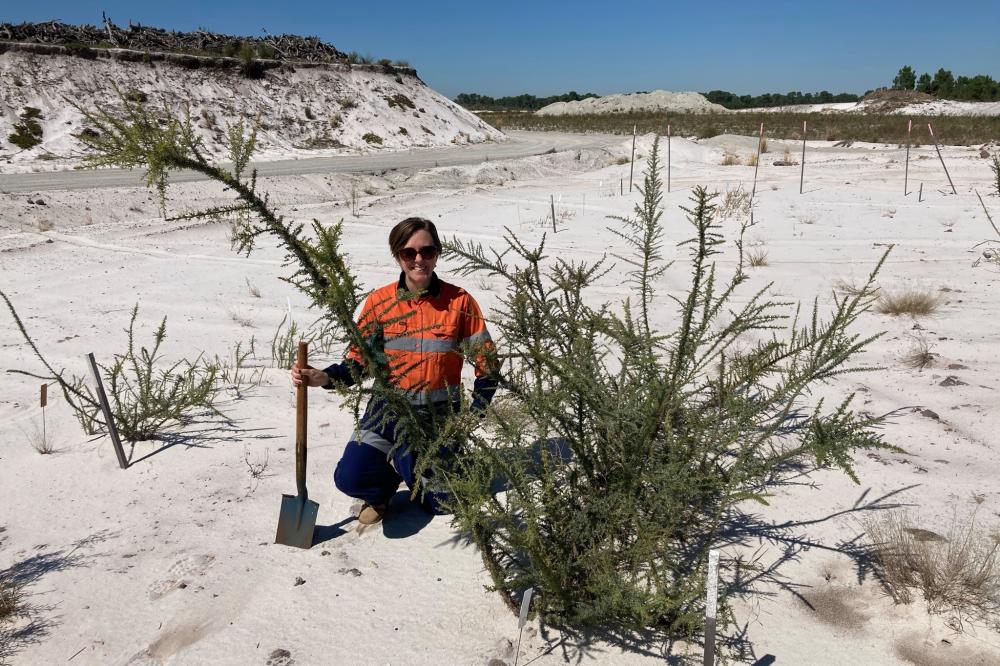Kings Park scientists and horticulturists undertake world-leading research across ex situ plant conservation, species recovery, restoration of degraded ecosystems, management of urban bushland ecosystems, and the sustainable use of native flora.
Kings Park Science is part of the broader Biodiversity Conservation Science Team within the Department of Biodiversity, Conservation and Attractions that provides knowledge informing biodiversity conservation for the State.
Our scientists collaborate with research institutions and partner with government and industry partners globally to ensure our science and conservation knowledge impacts on-ground conservation and restoration programs where needed.
